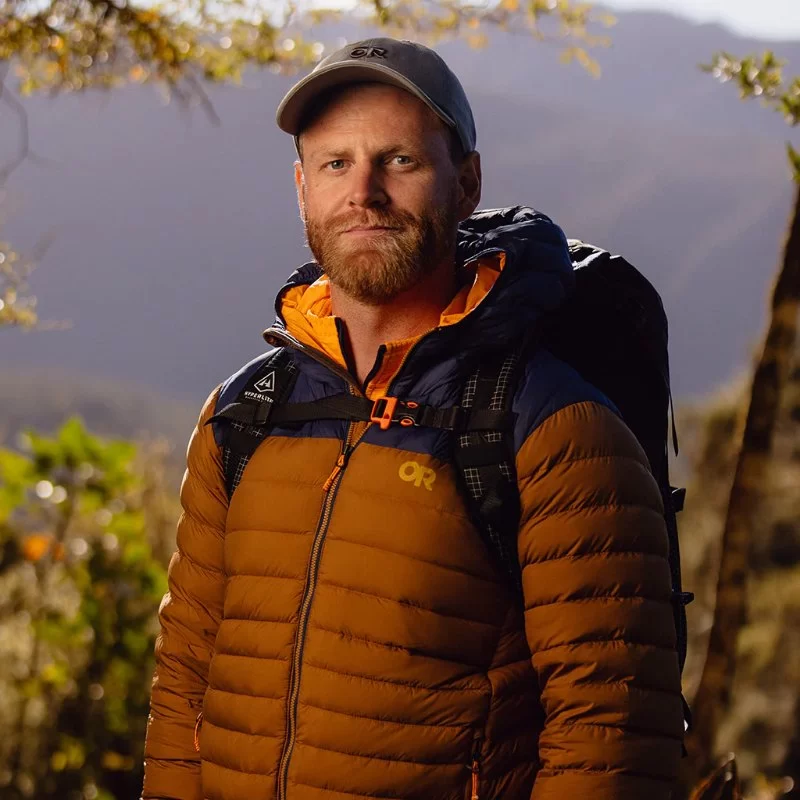Discover the benefits of outdoor research for scientific discovery. Learn how fieldwork and nature-based exploration advance real-world science. Explore ideas with Pine Cliff Resort.

- why-fieldwork-remains-crucial-in-modern-science
- direct-observation-yields-more-authentic-results
- case-study-how-outdoor-research-solved-a-forest-mystery
- outdoor-research-advances-interdisciplinary-innovation
- benefits-for-education-and-student-engagement
- where-scientific-curiosity-meets-nature
1. Why Fieldwork Remains Crucial in Modern Science
The question of why we should still prioritize field research in an age of AI and lab automation leads to a compelling answer: The Benefits of Outdoor Research for Scientific Discovery are more relevant now than ever. Outdoor environments provide dynamic, real-world variables that controlled settings cannot replicate. From biodiversity studies to climate monitoring, fieldwork offers insights that are deeply rooted in context, not just data points.
While simulations and lab work remain vital, science often begins — and ends — with nature. Patterns in plant growth, animal behavior, or geological shifts reveal truths only visible when scientists step outside the lab and into the field.
2. Direct Observation Yields More Authentic Results
When researchers study ecosystems, weather patterns, or species migration, direct observation in natural settings leads to findings that are richer and more nuanced. This is one of the strongest arguments for outdoor scientific research. Measuring water acidity in a stream, tracking bird calls at dawn, or documenting glacier melt in real time helps researchers understand not just the “what,” but the “why.”
For instance, ecologists tracking pollinators across meadow systems have discovered subtle behavioral shifts triggered by nearby road construction — a detail that satellite data alone wouldn’t catch. These ground-level details matter when forming environmental policies or preserving endangered species.
3. Case Study: How Outdoor Research Solved a Forest Mystery
A team from the University of Minnesota recently tackled a strange decline in maple sap production. Lab tests yielded little insight. It wasn’t until they conducted extensive fieldwork across several forest patches that they found the culprit: a combination of soil pH drop and insect infestation affecting tree health.
Their study, built entirely on nature-based data collection, influenced forestry management across the state. This real-world result shows how fieldwork still leads to tangible, community-impacting outcomes — especially when digital analysis alone comes up short.
4. Outdoor Research Advances Interdisciplinary Innovation
One of the lesser-known fieldwork advantages is how it fosters cross-disciplinary collaboration. When archaeologists, climate scientists, and biologists share the same outdoor research zones, they often uncover shared concerns and innovations. A dig site may also become a weather monitoring station; a wetland study could inform public health tracking for mosquitoes or disease spread.
Such outdoor collaboration builds smarter models and deeper understanding. These field sites become more than temporary workspaces — they become intersections of innovation, where disciplines meet and evolve together.
5. Benefits for Education and Student Engagement
Students often connect more deeply with scientific concepts when they experience them in real-world settings. Outdoor research fosters curiosity and builds critical thinking far beyond what textbooks offer. Programs that immerse learners in environmental monitoring, geology hikes, or ecological sampling often spark careers in STEM fields.
Studies show that early exposure to environmental exploration for science boosts retention and learning outcomes. And let’s not forget — fieldwork builds resilience, teamwork, and problem-solving, as students face the unexpected challenges that nature brings.
6. Where Scientific Curiosity Meets Nature
The future of research doesn’t lie solely in algorithms — it thrives in the interplay between technology and terrain. Whether you're studying climate change or soil microbes, nature still holds answers we haven't yet imagined. Outdoor research is about discovery in the truest sense.
If you’re considering launching your own field project or seeking a setting for university-based environmental studies, Pine Cliff Resort offers access to diverse ecological environments, natural landscapes, and accommodations that support extended fieldwork. It’s a place where exploration and research meet — and where the wild becomes your laboratory.
Forestry Department
50 E Pecan St # A, Grenada, MS 38901, USA
Visit Location PageLakeshore Cabins & RV
1543 Lake Shore Dr, Jasper, AL 35504, USA
Visit Location Page